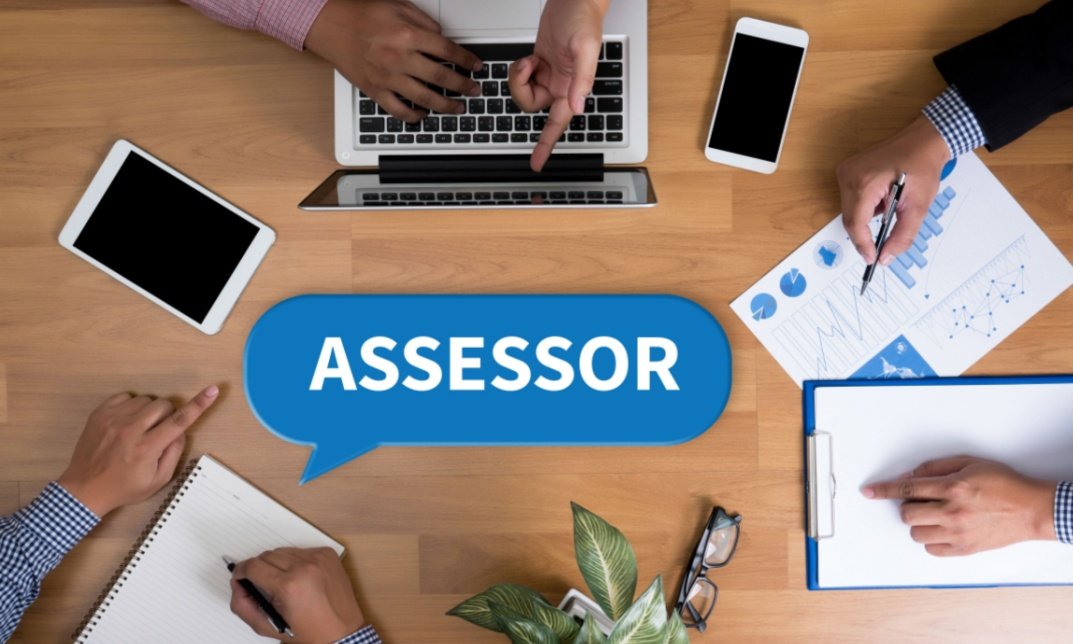No products in the cart.
Picture walking into a bright classroom. Pencils tap on desks, and hands rise with questions. As a teaching assistant, you are the friendly guide, helping a child with a tough math problem, encouraging another, and helping the teacher. The qualities that make a great teaching assistant—patience, kindness, and the skill to explain hard stuff simply—don’t always end up on a résumé, but you can learn them and practice them. So, the question is, how to become a teaching assistant without experience?
Never worked in a classroom before? No problem. This guide is for you. We’ll show you where to start, which simple skills can grow into big strengths, and how to feel ready on your first day.

How to Become a Teaching Assistant Without Experience
Understand the Role
You need to know what a teaching assistant really does before jumping in. TAs spend pretty much the whole day in the classroom—answering questions, doing extra help, getting paperwork done, and occasionally actually teaching small groups or individuals. You need to be extremely patient, able to talk well and listen, and really like working with children. So, understanding the full role is the first important step.
Check Minimum Qualifications
While the needed qualifications may change depending on the area or school, there are usually some basic education rules that schools look for:
GCSEs or Similar: Most schools want you to have GCSEs (or equivalent qualifications) in English and Maths. Some schools might also ask for a science or another subject, depending on the TA job you’re going for.
A-levels or Similar: Some roles, especially in high schools, may also ask for A-levels or a higher course. This depends on the subject or age group you’ll be working with.
Get Relevant Experience
Even if you haven’t worked as a TA before, you can still show that you’re the right person by pointing out a similar experience. Below are a few ways to build that kind of background:
- Volunteering lets the organisation know you are devoted and enthusiastic about new experiences.
- Teaching someone else what you know, whether or not you charge for the lessons, can help you develop your skills in communicating and teaching.
- Supporting children by babysitting, organising teams or volunteering after school gives you the chance to learn how to stay calm, solve problems and observe how kids see things.
Pay Attention to Your Current Skills
You most likely already possess the skills that schools are looking for, even if you haven’t held a job there. These should be made clear in your application or résumé:
- Communication Skills: Mention your ability to listen and explain, particularly to children, if you have experience working in customer service, hospitality, or any other position involving people.
- Organisation and Time Management: People who have handled numerous deadlines before or worked in full teams are more likely to handle TA duties easily.
- Teamwork: Teamwork is valuable since a teaching assistant will be assisting other members of the teaching staff.
- Flexibility: Schools where plans call for flexibility can benefit from your experience in fast-paced or fluctuating occupations like retail or aviation.
Get Useful Training or Qualifications
You don’t always need special certificates, but some schools do prefer them. Here are a few good options to consider:
- TA Courses: Many places offer short classes or diplomas in the classroom. These can give you a strong start in understanding the role.
- First Aid Certificate: Some schools want TAs to know basic first aid, especially when working with younger students.
- Online Courses: Websites like Coursera, edX, or FutureLearn have both free and paid lessons about child growth, education, or how to manage a classroom. These can help your CV stand out.

Improve Your CV and Application
- Your CV should show the experience and skills that prove you would be a good teaching assistant. Even if you haven’t done the job before, focus on:
- Your excitement for working with children and helping them learn.
- Your ability to support teachers and keep students focused and safe.
- Other work, like customer service, that proves your people skills.
- Any classes or training you’ve done that show you’re ready to learn and grow in this field?
- In your cover letter, be sure to talk about why you care about education, what makes you a good fit, and any volunteer experience that shows your interest in schools.
Look for Job Opportunities and Connect with People
At times, the best jobs come from being connected to the right people. Building connections with others can prove more beneficial than you know:
- Talk to Teachers and School Staff: If you’re volunteering in a school, you can ask teachers or staff about available jobs or opportunities.
- Check Job Websites: Look at websites directly or check job boards like Indeed, LinkedIn or sites hosted by your local council.
- Try Job Shadowing: Some schools let you spend time watching or helping a teacher for a day. This is a great way to learn and show you’re serious.
Get Ready for the Interview
When you get invited to an interview, be ready to talk about:
- Why do you want to work as a teaching assistant?
- How your past work, even outside schools, shows you’re a good fit.
- Your passion for helping children and supporting learning.
- How well you work with others, solve problems, and keep things positive in class.
Also, be ready to explain what training you’ve done and how you would handle common school situations, like a student who’s upset or a group that won’t focus.
Don’t Give Up
Getting your first TA job can take time, so try not to feel down. Keep applying, look for ways to volunteer, and keep learning when you can. Showing you’re serious and always improving will make a big difference.
What Skills Do You Need to Be a Good TA?
It’s not just about certificates. To be a great teaching assistant, you need strong personal skills. Being patient, clear when speaking, and well organised is key. Being able to adapt and respond to what students need also helps a lot. Good TAs are also always learning and open to new teaching ideas and tools. These things help you succeed and make you a valuable part of the school team.

How Can I Become a Teaching Assistant in the UK?
If you are asking yourself “how to become a teaching assistant without experience in the UK”, know that finding work as a TA in the UK is relatively simple. Most schools prefer it if you’ve done a Level 2 or Level 3 Certificate in Supporting Teaching and Learning. But, hey, some schools don’t mind too much if you haven’t, as long as you’ve worked with children before. What matters most is showing that you are serious about helping students learn and grow.
Where to Find Teaching Assistant Jobs
If you want to work as a TA in the UK, start by checking jobs nearby. Many schools need new and trained TAs. If you’re just getting started, try volunteering in schools or with kids’ groups. Getting real experience helps you stand out. And don’t forget, you need to have a DBS check—it’s required for working in UK schools.
Money Matters: What You Can Expect
Being a TA can be very rewarding, but it’s also important to know how the pay works.
Pay
- When starting: Most new TAs earn between £17,000 and £19,000 each year.
- With More Experience: If you’ve done more training or have extra skills, you can earn £22,000 to £25,000.
- For Special Needs (SEN): SEN TAs help only students who need extra support and often get higher pay because of the extra skills required.
Type of Work and Pay
Most TAs only work during school terms, so you’re paid only for those weeks. That means your yearly pay may be lower than a full-time job.
Extra Perks
Even though the pay may be less, TAs often enjoy:
- Pensions: Joining a public pension plan.
- Paid Time Off: You get school holidays off.
Most TA jobs are long-term, which gives job safety. While the pay may not match other full-time roles, the joy and value of the work can make it a great choice if you care about helping students.
Conclusion
If you’re thinking about how to become a teaching assistant without experience, the first step is to see what courses are available and get the right qualifications. In reality, it’s worth getting in the thick of it and gaining some experience through volunteering. Take note, too, of part-time TA opportunities where you can determine if they are for you. It might just become an excellent career for the long haul!
It’s an extremely hands-on, extremely rewarding job. If you’re new to the field of education or if you’re wanting to advance, these tips will assist you. Simply stick with it, continue learning, and it will all work out, taking it one step at a time!






